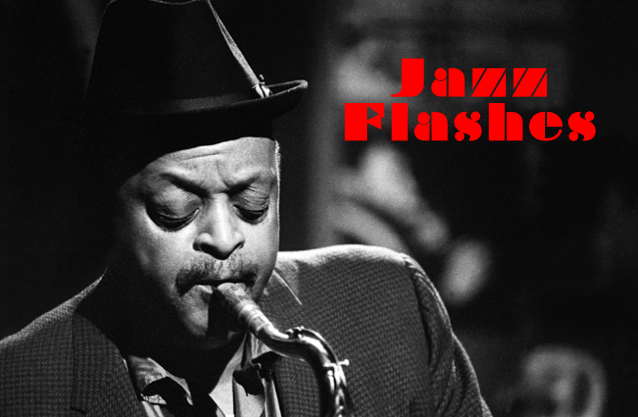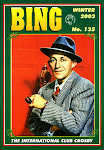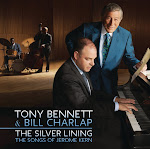Over the years, thousands of pages have been devoted, in many languages, to discussing the life of Frank Sinatra, with varying degrees of success. Too many books have been published that concentrate solely on Sinatra's private life, the scandals that seemed to follow him everywhere he went, and his alleged connections with the Mob, among other sensational topics. As a result, many volumes overlook his recordings and film work, the real reason why we should be interested in Sinatra to begin with. There are, of course, notable exceptions, such as Will Friedwald's Sinatra! The Song Is You: A Singer's Art, Charles Granata's Sessions with Sinatra, and Pete Hamill's Why Sinatra Matters, to give three examples of titles that are well worth reading. Yet not many books on Sinatra seem to succeed in offering a satisfactory appraisal of the connections between the man's work and the man's life. In my opinion, Donald Clarke's All or Nothing at All: A Life of Frank Sinatra is one such title.
In his study, Clarke situates Sinatra in his time and in his place, discussing not only his life and work, but also the historical, social, political, and artistic context that directly or indirectly influenced his life and his work. Clarke's writing style is swift and dynamic, and he is never afraid to express his opinions about Sinatra's artistic legacy, whether it be a masterpiece such as Songs for Swingin' Lovers or a very low lowlight such as Watertown, but he always does so with elegance and wit. Ever since I bought it in the late 1990s, I have been coming back periodically to All or Nothing at All, and every time I read it, I find in it some passages that make me rethink some of my assumptions about a particular Sinatra album or even a song that I had tucked away in a corner of my mind. Clark is a compelling biographer because he is not interested in all the gossip surrounding Sinatra's life (although that is an inescapable element when writing about Sinatra), but he mostly concentrates on explaining how American history shaped Sinatra, how Sinatra shaped American history, and in turn, how Sinatra's life experiences determined his artistic legacy. And in this respect, this is a unique book on its subject, as Clarke explores the seeming paradox of the tough guy who became successful mostly through his ability to touch the hearts of audiences by means of uncovering the emotions contained in the lyrics of the songs he performed.
 |
| Author Donald Clarke |
Gene Lees has written that Sinatra could hire people to do everything for him except sing. He did that for us. His career is over, but what we have left of Frank Sinatra, the recordings, is the best part. The rest is the echo of our times. (298)
And one of these recordings, which the re-reading of Clarke's very recommendable book led me to rediscover, is one of Sinatra's lesser-known Reprise albums, All Alone, from 1962. With its slow, melancholy string arrangements by Gordon Jenkins, the LP may well have been titled something like Come Waltz with Me, since 3/4 is the time signature used throughout, and in fact, it seems that Sammy Cahn and Jimmy Van Heusen wrote a tune by that name that did not make it onto the finished project. As Clarke notes, "nostalgia . . . seems to drench the album" (207) and Jenkins's slow arrangements perfectly suit that mood, as Sinatra revisits "The Girl Next Door" (which he had included in his early Capitol album Songs for Young Lovers) and five excellent songs by Irving Berlin—the title track, "The Song Is Ended" (these two bookend the record) "When I Lost You," "Remember," and "What'll I Do." For this project, Sinatra also turns to some old chestnuts, such as "Oh, How I Miss You Tonight," "Together," and "Are You Lonesome Tonight," the latter owing nothing to Elvis Presley's then fairly recent hit recording. This is perhaps Sinatra's less commercially successful collaboration with Gordon Jenkins: "The album was a success on its own terms," concludes Clarke, "but did less well than any of his others in this period" (207). Yet overall, All Alone is a very enjoyable concept album that is well worth rediscovering.
Note
I recently got in touch with Mr. Clarke via e-mail, and he graciously agreed to an interview for the blog. That interview is forthcoming and will come out of our correspondence over the past few months. Other interesting books by Mr. Clarke include The Rise and Fall of Popular Music and Billie Holiday: Wishing on the Moon, among others.





























No comments:
Post a Comment